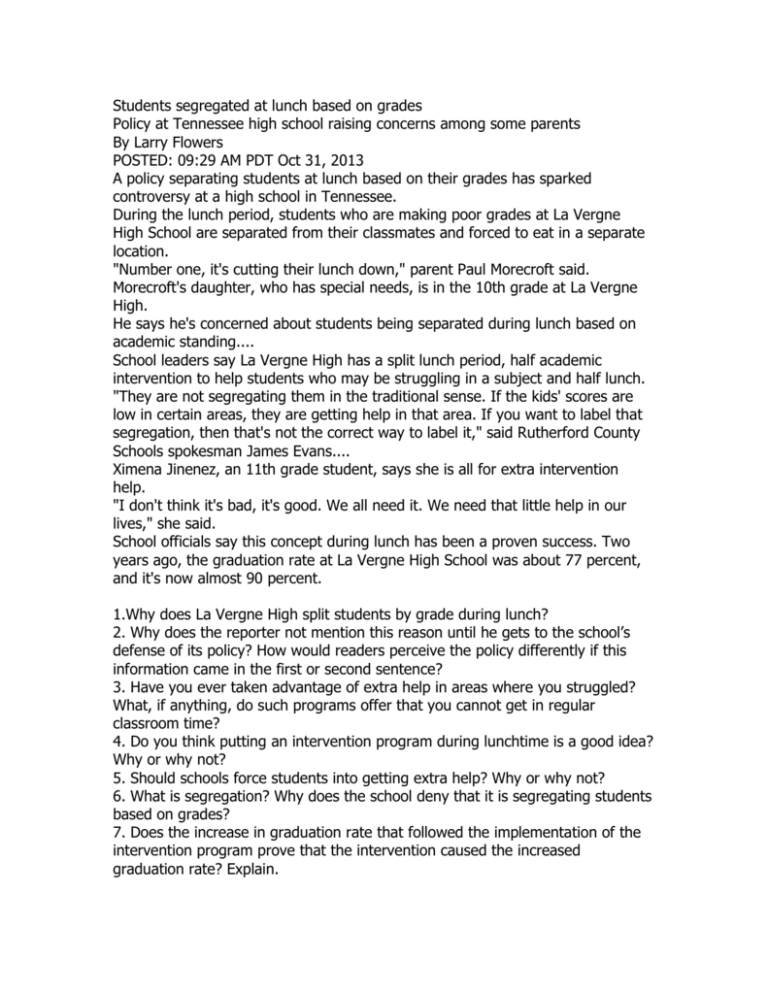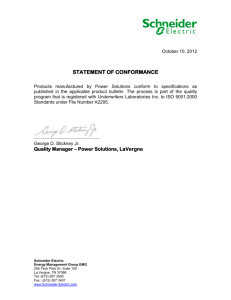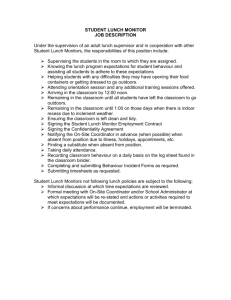Students segregated at lunch based on grades
advertisement

Students segregated at lunch based on grades Policy at Tennessee high school raising concerns among some parents By Larry Flowers POSTED: 09:29 AM PDT Oct 31, 2013 A policy separating students at lunch based on their grades has sparked controversy at a high school in Tennessee. During the lunch period, students who are making poor grades at La Vergne High School are separated from their classmates and forced to eat in a separate location. "Number one, it's cutting their lunch down," parent Paul Morecroft said. Morecroft's daughter, who has special needs, is in the 10th grade at La Vergne High. He says he's concerned about students being separated during lunch based on academic standing.... School leaders say La Vergne High has a split lunch period, half academic intervention to help students who may be struggling in a subject and half lunch. "They are not segregating them in the traditional sense. If the kids' scores are low in certain areas, they are getting help in that area. If you want to label that segregation, then that's not the correct way to label it," said Rutherford County Schools spokesman James Evans.... Ximena Jinenez, an 11th grade student, says she is all for extra intervention help. "I don't think it's bad, it's good. We all need it. We need that little help in our lives," she said. School officials say this concept during lunch has been a proven success. Two years ago, the graduation rate at La Vergne High School was about 77 percent, and it's now almost 90 percent. 1.Why does La Vergne High split students by grade during lunch? 2. Why does the reporter not mention this reason until he gets to the school’s defense of its policy? How would readers perceive the policy differently if this information came in the first or second sentence? 3. Have you ever taken advantage of extra help in areas where you struggled? What, if anything, do such programs offer that you cannot get in regular classroom time? 4. Do you think putting an intervention program during lunchtime is a good idea? Why or why not? 5. Should schools force students into getting extra help? Why or why not? 6. What is segregation? Why does the school deny that it is segregating students based on grades? 7. Does the increase in graduation rate that followed the implementation of the intervention program prove that the intervention caused the increased graduation rate? Explain.






